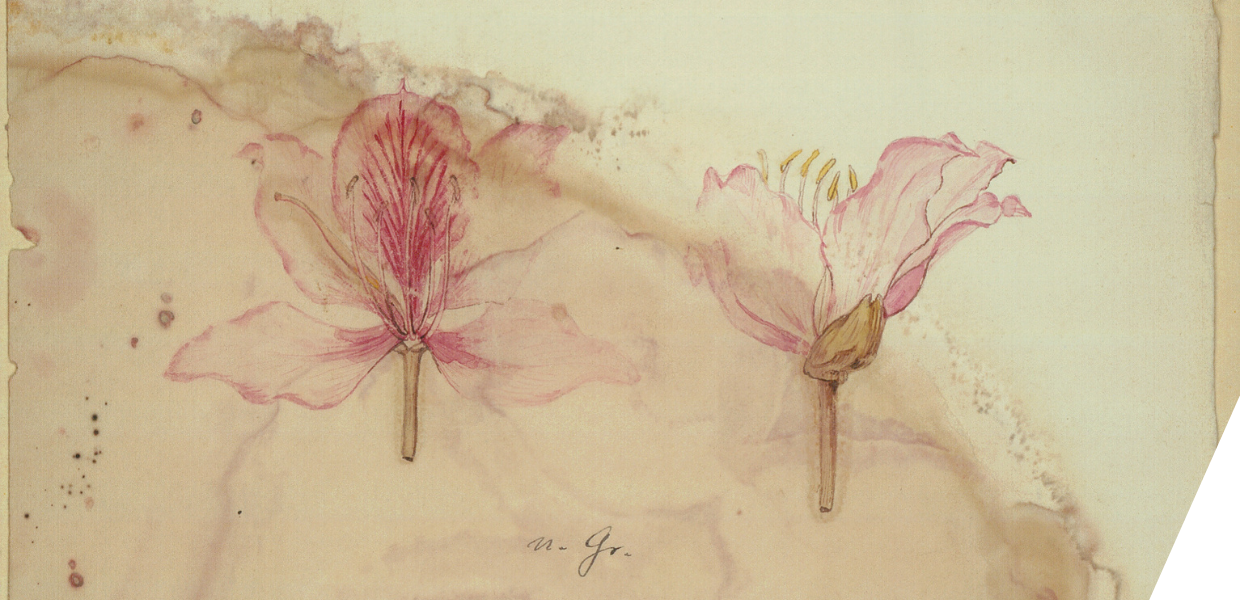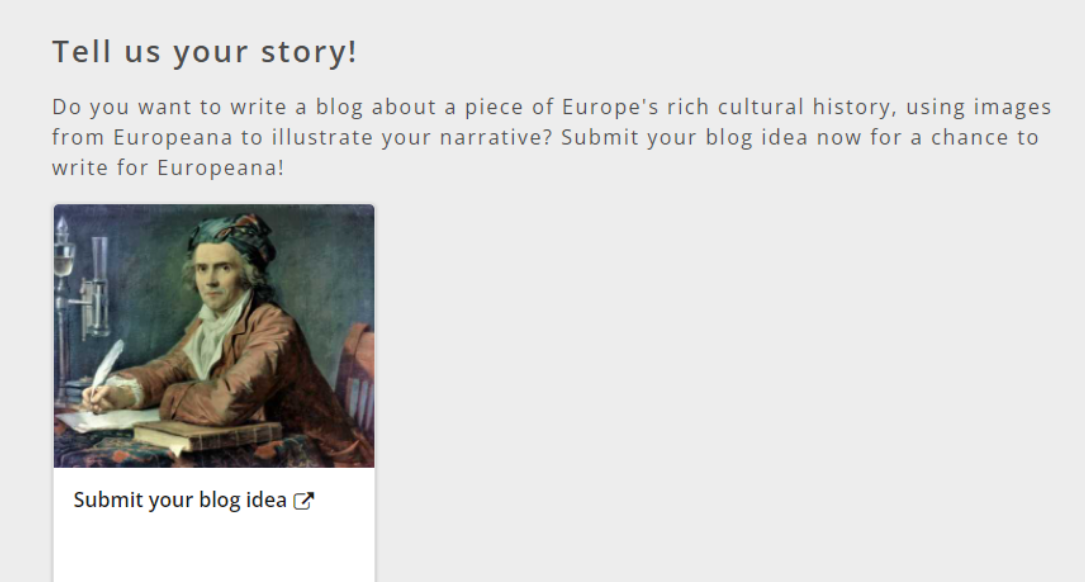One year in: learnings and challenges
In our pilot year of this grants programme we wanted to see if there was general interest in writing for the Europeana website and we wanted to collect feedback on the way we set up the financial remuneration of writers. We posted the invitation as a call to action on our Stories page but did not do any further promotion so we could gauge the interest of people visiting europeana.eu in this opportunity. Despite this quiet launch, the submissions received throughout the year show that there is clearly an audience that has stories to tell. Here are some of the stories that were written and published through the Grants Programme.
Selene Carboni: the evolution of the Bas-Relief
Selene Carboni detailed the history of sculpture in relief over thousands of years. She ended her story by shedding light on how relief sculpture is currently being used to create a new dimension of experiencing art for visually impaired people, blind people, and sighted people alike. Selene's blog is a wonderful editorial piece combining historical narrative with recent developments in accessibility in cultural heritage organisations. Read the blog.
Dr. Johanna Fisher: medieval ecofeminism
Dr. Fisher, a professor of gender and women's studies, laid out the fascinating story of how medieval mysticism was used as an avenue of feminist activism. Hildegard von Bingen is probably one of the most famous of these female mystics, who used her unique position to campaign for ecological consciousness, conservation, and care. Dr. Fisher's blog is a great addition to our editorial, highlighting the intersection between feminism, climate justice and medieval studies. Read the blog
Monty Moncrieff: London Friend
Monty Moncrieff looked back on the history of London Friend, the oldest LGBTQ+ charity in the UK. Over the past 50 years, they've been at the forefront of supporting the health and well-being of the LGBTQ+ community mostly through volunteer effort. Read the blog.
Plans for the future
We're very grateful to everyone who pitched us a blog idea and to those who worked with us to publish their blog on europeana.eu. In the coming years, we want to continue and expand the grants programme. We want to publish more stories and support more underrepresented voices both financially and by providing our platform to publish their stories.
In the first half of 2023, part of our editorial grant programme will be dedicated to the World Festival of Cultural Diversity, supporting underrepresented stories and experiences on religious diversity. If you have a story that you want to put out into the world through europeana.eu on religious diversity, you can apply for an Editorial Grant below. If you have a different story to tell, you can still apply for a grant, so please reach out to us through the grant form. And please help us spread the word about the grants by sharing with your own networks.




